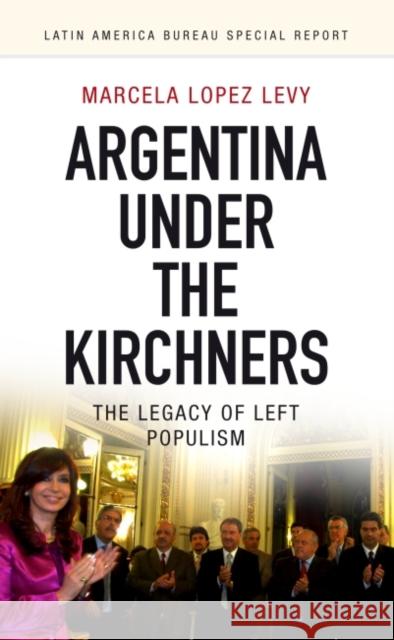Argentina Under the Kirchners: The Legacy of Left Populism » książka
Argentina Under the Kirchners: The Legacy of Left Populism
ISBN-13: 9781909014053 / Angielski / Miękka / 2017 / 106 str.
In 2003 Nestor Kirchner took power in a country still reeling from financial meltdown. He set out to reverse the extreme neo-liberal policies of the 1990s, and ruled through heady years of unprecedented economic growth. Nestor was one half of a political couple -- his wife Cristina Fernandez de Kirchner won the race for the top job in 2007 and they swapped roles. In 2011 she was voted in for a second term with the highest support ever obtained in a presidential election. And yet in 2015 she was voted out on vague promises of 'change'. During the Kirchners' administrations inequality had fallen, per capita income had nearly doubled, the economy had grown as never before - so what did people want to change? Why did they vote for the first ever democratically elected right-wing government? How was society torn apart into two vitriolic and equal opposing halves? The legacy of Kirchnerism offers key lessons for progressive politics everywhere - and points to the challenges of taking on resurgent conservative forces in Argentina and around the world.











